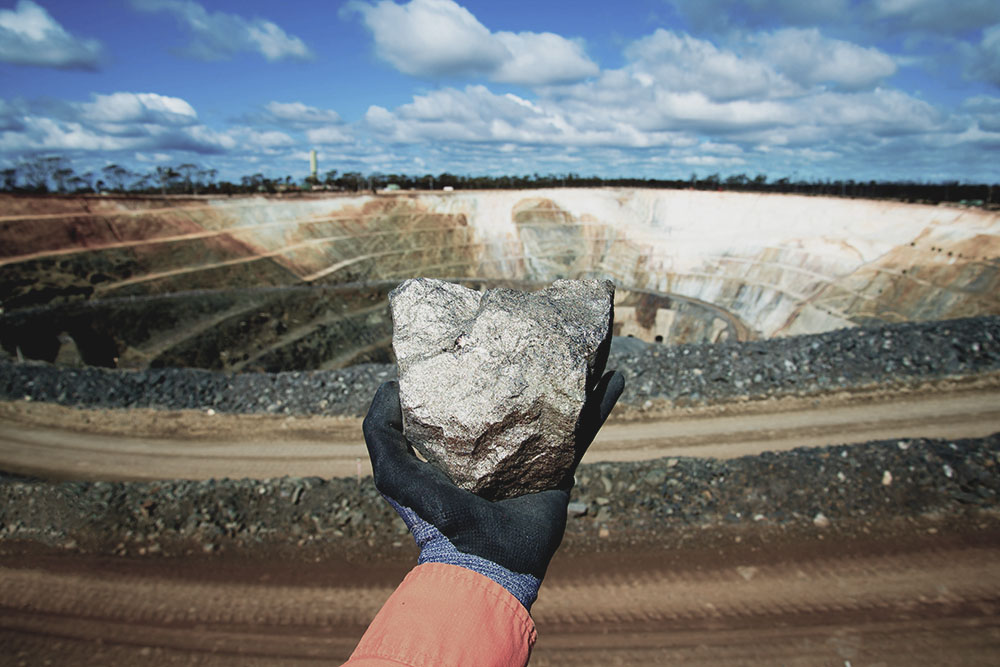“Industry is shouting out the solutions, but we need governments to action them.”
Up to 10,000 jobs, $2 billion in economic activity and the future viability of Australia’s nickel industry are at risk according to an independent report released by the Chamber of Minerals and Energy of WA (CME).
CME Chief Executive, Rebecca Tomkinson, said the report by research firm, Mandala, added another decibel in the wake-up call to State and Federal Governments that more needed to be done if Australia were to remain competitive in supplying the global energy transition.
“The Australian and Western Australian nickel industry is facing significant economic headwinds. Production costs have risen almost 50 per cent since 2019 while nickel prices have declined 51 per cent since 2022,” Ms Tomkinson said.
“If Australia is to compete in a market where other countries have significantly lower costs and substantially more competitive policy settings, we need urgent and immediate action from government for all critical and battery minerals.
“With no domestic nickel industry, Australia’s battery ambitions go out the window, along with downstream processing and our value-add place in the global supply chain. The situation is serious for lithium and other critical minerals but is acute for nickel.
“The Federal Government’s Critical Minerals Strategy needs to be revisited so it’s fit for purpose and actioned before it’s too late, especially when nickel, lithium and copper do not operate with the same competitive advantages as iron ore, LNG and coal.
“We cannot just assume that Australia will once again become the supplier of choice for the essential resources the world needs to decarbonise and develop more sustainably. That is simply not the reality unfolding.
“As we outlined at the industry roundtables, temporary and targeted royalty relief is an immediate action the WA Government should be considering, in addition to action on low-emissions energy supply, turnkey strategic industrial areas and streamlining end-to-end approvals processes.”
Ms Tomkinson said CME had consistently called for initiatives such as production tax credits, productivity-lifting industrial relations reforms and genuine consultation on environmental approvals reform from the Federal Government, but industry was yet to see positive results.
“Longer term, the government can take advantage of Australia’s ESG credentials – which sets us apart from other jurisdictions – and help develop price and ESG transparency in critical minerals markets.
“Industry is shouting out the solutions, but we need governments to action them. This isn’t just about critical minerals, it’s about a future for lower carbon emissions, the health of our economy and people’s livelihoods,” said Ms Tomkinson.
<ENDS> Media contact: Natasha Mutch n.mutch@cmewa.com


